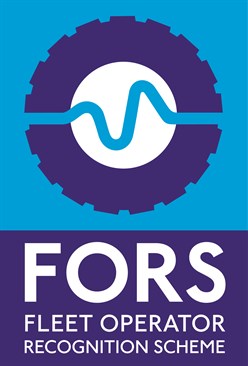The ever-growing preference for e-commerce over high-street retail became a necessity for many during the pandemic and has without a doubt changed the face of both the UK economy and of local and last-mile deliveries. This, in turn, has changed the nature of traffic on urban roads. Even pre-Covid-19, data from the Office of National Statistics shows that in February internet sales accounted for 19% of total retail sales. And now, even with high-street shops and supermarkets back open, 26% of all retail sales are completed online.
This ongoing shift to online retail from high-street shopping and the national upward trend for self-employment has driven a huge rise in LCV use. The 2019 Light Commercial Vehicles, Delivering for the UK Economy report from the SMMT underlines this fact, noting that there are now 34 million van users and employees of businesses that rely on vans in the UK, with a combined wage bill of at least £56bn, equating to 11% of GDP. Many of these drivers are not part of a fleet, but are single-vehicle owners who need their van to do their job.
For the online retail sector already experiencing such growth, the traditionally busy autumn and winter will be busier than ever this year due to the pandemic – and volume of traffic and a rise in vans on the road are not the only risks to safety.
While new van registrations fell significantly in August, partly due to Covid-19, and ahead of the registration plate change in September, older LCVs remain popular. The UK sees 900,000 used vans change hands every year, according to the SMMT study. With vehicles being held on to for longer, maintenance becomes even more important. The break in MOT test requirements stopped in September, so drivers who may have held off renewal must now do so immediately.
The majority of the UK workforce are still home-based, and without set commute patterns, pedestrians and cyclists are using the roads at more sporadic times of the working day. This increase in pedestrian movement, coupled with more vans on the roads, make it clear that van drivers – both fleet drivers and sole traders – must understand the importance and benefits of safe driving practices.
FORS has a suite of suitable training courses for members, and since the start of the pandemic many have moved online. We would advise drivers are supported with the tools they need to ensure their safety and the safety of those who share our roads, and are up to date with best practices.
For more information on FORS visit www.fors-online.org.uk
The Standard is produced in association with:






